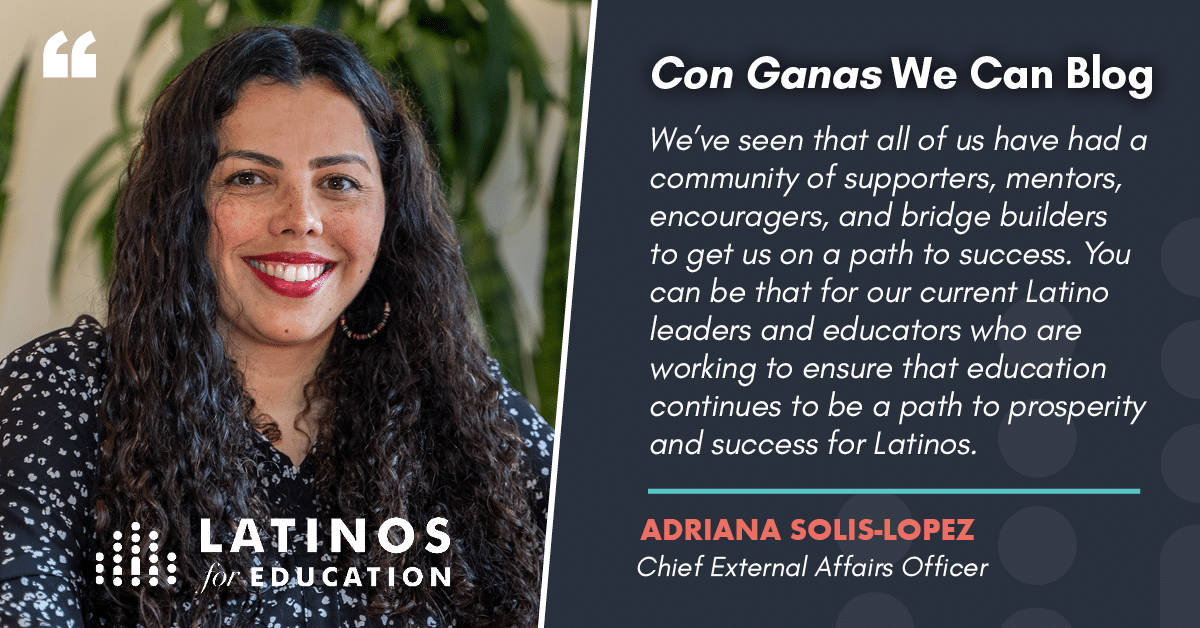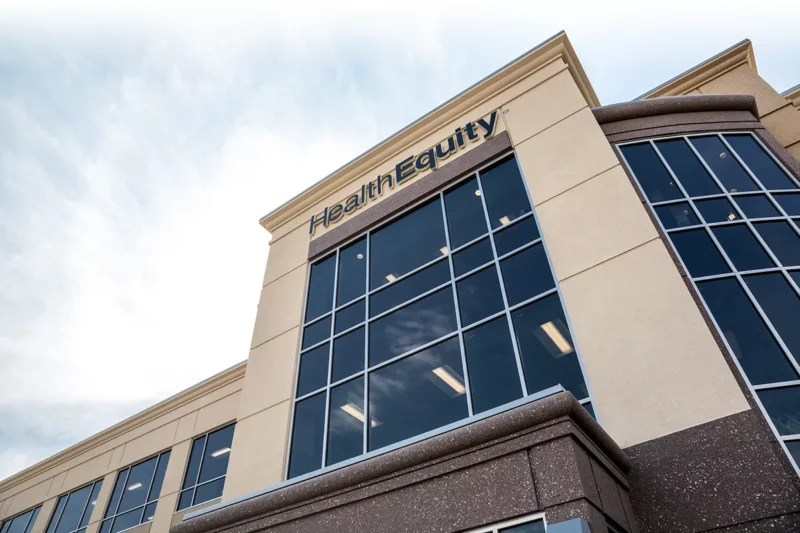Health Equity Tourism is a form of medical travel that aims to provide equal access to healthcare services for all individuals, regardless of their socioeconomic status or geographical location. In this type of tourism, the focus is on addressing health disparities and improving health outcomes globally.
Health equity tourism seeks to eliminate barriers to healthcare access by promoting affordable and high-quality medical services, promoting local community development, and fostering collaboration between healthcare providers from different countries. This emerging trend in the tourism industry offers an alternative solution for individuals who are unable to afford or access necessary medical treatments in their own countries.
As health disparities continue to persist, health equity tourism presents an opportunity to bridge these gaps and ensure that everyone has access to the healthcare they need. By traveling to destinations that offer affordable and accessible medical services, individuals can receive the care they require while also contributing to the local economy and promoting international collaboration in healthcare. This article explores the concept of health equity tourism and its potential impact on global health equity.

Credit: www.latinosforeducation.org
The Concept Of Health Equity Tourism
Health Equity Tourism is a concept that focuses on improving access to healthcare and enhancing the quality of care for individuals who may face barriers in their own countries. It is a form of medical tourism that aims to address health disparities and ensure equal opportunities for everyone to receive high-quality healthcare services. This article will explore the concept of health equity tourism and its impact on improving access to healthcare and enhancing the quality of care.
Improving Access To Healthcare
- Reducing Disparities: Health equity tourism plays a vital role in reducing disparities in healthcare access. Many individuals from lower-income countries or remote areas face challenges in accessing essential medical services due to limitations in their healthcare systems. By offering affordable and accessible healthcare options, Health Equity Tourism bridges this gap and ensures that these individuals can receive the care they need.
- Overcoming Geographical Barriers: Geography can be a significant barrier to healthcare access. In some regions, individuals must travel long distances to reach medical facilities with specialized services. Its provides an opportunity for individuals to seek medical care in locations where it is readily available, eliminating the need for long travel and reducing the burden on patients.
- Enhancing Infrastructure: Health equity tourism often involves collaborations between healthcare providers and institutions in different countries. This collaboration may lead to improvements in healthcare infrastructure and capacity-building in underserved areas. It helps strengthen the local healthcare system and enables individuals living in these areas to benefit from improved healthcare services even after their treatment or procedure abroad.
Enhancing Quality Of Care
- Access to Specialized Treatments: Health equity tourism allows individuals to access specialized treatments and procedures that may not be available in their home countries. This access to cutting-edge medical technologies and expertise can significantly enhance the quality of care received by individuals, offering them new possibilities for treatment.
- Improved Healthcare Standards: When individuals travel for healthcare, they often choose destinations known for their excellent healthcare standards. Its contributes to raising the overall quality of care by promoting competition among providers. This competition encourages healthcare institutions to continuously improve their services, ensuring the highest standards of care for all patients.
- Cultural Competence and Inclusive Care: Health equity tourism provides an opportunity for healthcare professionals to gain exposure to diverse patient populations. This exposure increases their cultural competence, enabling them to provide more inclusive care to patients from different backgrounds. In turn, this enhances the overall quality of care and patient experience.
Benefits Of Health Equity Tourism
Health equity tourism offers affordable and accessible medical treatments, empowering patients to seek high-quality healthcare abroad. This approach ensures fair and equal opportunities for individuals, bridging the gap in healthcare disparities and promoting inclusive medical services worldwide.
Economic Impact
Health equity tourism, also known as medical tourism, brings about numerous benefits, not only for individuals seeking affordable healthcare but also for the local communities and countries involved. One of the significant advantages is its positive economic impact.
By attracting international patients, health equity tourism contributes to the growth of the local healthcare sector and boosts the overall economy. Additionally, it can generate employment opportunities, particularly in the healthcare and hospitality sectors, promoting economic development in the region.
Social And Cultural Exchange
Health equity tourism goes beyond medical treatments and offers a unique platform for social and cultural exchange between patients and their host communities. This form of tourism allows individuals from different parts of the world to connect and immerse themselves in a new environment, experiencing diverse cultures and traditions firsthand. Such interactions foster mutual understanding, tolerance, and appreciation of different perspectives. Patients not only receive medical care but also gain insights into the rich heritage and traditions of the destination they visit.
In terms of social impact, health equity tourism can contribute to the well-being and development of local communities. The revenue generated from this industry can be reinvested in various social programs, improving education, healthcare facilities, and infrastructure. This cycle of positive impact helps to uplift the standard of living for both residents and travelers alike.
Summary
In summary, health equity tourism brings forth several advantages, making it a sought-after option for those in need of medical treatments at affordable prices. The economic boost it provides, along with the opportunities for social and cultural exchange, are just two of the many benefits that make health equity tourism a valuable healthcare solution for individuals and communities worldwide.
Challenges And Ethical Considerations
Health equity tourism presents several challenges and ethical considerations that must be carefully addressed. As the industry continues to grow, it is crucial to assess the quality assurance and standardization, as well as the ethical implications associated with this form of travel.
Quality Assurance And Standardization
Ensuring consistent quality across healthcare providers, accommodation, and support services is paramount in medical tourism. Establishing and maintaining standardized protocols for medical procedures, patient care, and lodging facilities are essential to guarantee the safety and well-being of travelers seeking care abroad.
Ethical Implications
The ethical considerations of health equity tourism encompass a wide range of issues, from patient consent and confidentiality to cultural sensitivity and the impact on local healthcare systems. It’s imperative to uphold ethical standards, prioritize informed decision-making, and respect the autonomy and dignity of patients and local communities.

Credit: www.thelancet.com
Success Stories
Health Equity Tourism has been making a significant impact by providing access to essential healthcare services and creating positive change in communities around the world. These success stories highlight the transformative power of this emerging form of tourism. From medical breakthroughs to increased economic opportunities, it has been instrumental in bringing positive change.
Case studies provide concrete examples of how health equity tourism has benefited individuals and communities. Here are a few notable examples:
| Patient | Treatment | Outcome |
|---|---|---|
| John | Heart surgery | Life-saving operation resulted in improved quality of life |
| Maria | Dental implants | Regained confidence with a renewed smile |
| Samuel | Orthopedic surgery | Restored mobility and independence |
These case studies demonstrate the positive impact of health equity tourism on individuals’ health and well-being. By offering access to affordable, high-quality medical treatments, individuals like John, Maria, and Samuel have experienced life-altering transformations.
health equity tourism also contributes to the overall development and well-being of communities. Here are some key ways in which this form of tourism has made an impact:
- Job Creation: The establishment of medical facilities and supporting infrastructure has generated employment opportunities for local residents.
- Revenue Generation: Health equity tourism brings in foreign currency, supporting the local economy and promoting economic growth.
- Infrastructure Development: The need for healthcare services has led to improved infrastructure, including better transportation networks and communication systems.
- Knowledge Exchange: Health equity tourism promotes knowledge sharing and collaboration between local medical professionals and international experts.
These community impacts create a ripple effect, benefiting not only the individuals directly involved in medical tourism but also the broader community at large.
The Future Of Health Equity Tourism
As the world becomes more interconnected, the future of health equity tourism holds tremendous potential for global collaboration, marked by innovative trends that transform the way healthcare is accessed and delivered. This emerging industry enables individuals from all walks of life to access high-quality, affordable healthcare services that were previously out of reach. Let’s delve into the latest trends and innovations as well as the potential for global collaboration in the realm of health equity tourism.
Trends And Innovations
In the quest for accessible and equitable healthcare, health equity tourism has provided a fertile ground for groundbreaking trends and innovations. Here are some key developments:
- The rise of telemedicine, enabling patients to receive remote healthcare consultations and follow-up care, has revolutionized health equity tourism. With online platforms connecting patients with expert doctors and specialists from around the world, it has become easier than ever for individuals in remote areas to access medical expertise.
- Advancements in medical technology have paved the way for quicker and more accurate diagnoses. Cutting-edge equipment, such as portable diagnostic devices and wearable health trackers, empowers individuals to monitor their health in real-time and seek timely interventions, irrespective of their geographical location.
- Integration of AI (Artificial Intelligence) and machine learning in healthcare systems is streamlining processes, enhancing precision, and improving patient outcomes. From triaging and predicting diseases to personalized treatments and drug discovery, AI is revolutionizing the healthcare landscape in health equity tourism.
- Increasing emphasis on preventive medicine and wellness programs has shifted the focus from reactive healthcare to proactive healthcare, thereby reducing the burden of chronic diseases. Health equity tourism providers are now offering holistic health packages that encompass nutrition counseling, stress management, fitness classes, and mental health support.
- Green healthcare practices are gaining traction, enabling health equity tourism to make a positive environmental impact. Eco-friendly infrastructure, energy-efficient healthcare facilities, sustainable food practices, and responsible waste management are being integrated into the design and operations of health equity tourism destinations.
Potential For Global Collaboration
In the pursuit of health equity, global collaboration plays a crucial role in shaping the future of health equity tourism. By fostering partnerships and sharing resources, the potential for collaboration extends far beyond borders:
- Knowledge exchange: Cross-border collaboration brings together healthcare professionals from diverse backgrounds, allowing for the sharing of knowledge, best practices, and innovative approaches to healthcare delivery. This exchange not only benefits local healthcare systems but also promotes mutual learning and growth.
- Research and development: Collaborative efforts between institutions worldwide can accelerate medical research and development, leading to breakthroughs in treatment options, preventive strategies, and cutting-edge technologies. By pooling resources and talents, the health equity tourism industry can contribute to advancing healthcare on a global scale.
- Capacity building: Global collaboration facilitates the transfer of expertise and skills, empowering local healthcare providers to deliver high-quality care to their communities. Training programs, workshops, and mentorship opportunities offered as part of collaborative initiatives can strengthen healthcare systems in underserved regions, narrowing the gaps in healthcare access.
- Economic growth: Health equity tourism fosters economic growth by attracting tourists seeking affordable and accessible healthcare. Through collaboration, governments, healthcare providers, and tourism industries can work together to create sustainable, inclusive models that benefit local communities and generate revenue.
- Policy harmonization: Collaborative efforts between nations and international organizations can lead to the harmonization of policies and regulations surrounding health equity tourism. This not only ensures a safe and standardized experience for patients but also facilitates the movement of healthcare professionals across borders, enabling seamless delivery of care.

Credit: business.utah.gov
Frequently Asked Questions Of Health Equity Tourism
What Is Health Equity Tourism?
Health equity tourism is a form of medical tourism that focuses on providing healthcare services to underserved and marginalized communities. It aims to address healthcare disparities and improve access to quality healthcare for all individuals, regardless of their socio-economic status or geographical location.
How Does Health Equity Tourism Benefit Local Communities?
Health equity tourism helps local communities by providing them with access to healthcare services that they would otherwise not have. It also creates job opportunities for local healthcare professionals and stimulates the local economy. Additionally, health equity tourism promotes cultural exchange and understanding between travelers and the local community.
What Types Of Healthcare Services Are Offered In Health Equity Tourism?
Health equity tourism offers a wide range of healthcare services, including primary care, preventive care, dental care, mental health services, and specialized medical treatments. These services are tailored to meet the needs of the local community and often include health education programs to promote long-term wellness.
How Can Individuals Participate In Health Equity Tourism?
Individuals can participate in health equity tourism by volunteering with organizations that focus on providing healthcare services to underserved communities. They can also support these organizations through donations and fundraising efforts. Additionally, individuals can raise awareness about health disparities and advocate for policies that promote health equity.
Conclusion
Health equity tourism is a crucial aspect of the global healthcare industry. It allows individuals to access high-quality medical care while promoting social justice. Its impact reaches far and wide, providing opportunities for both patients and medical professionals to collaborate and improve health outcomes.
Embracing health equity tourism can lead to a more accessible and inclusive healthcare system for everyone

I am an SEO expert, Digital Marketing-specialized writer, and blogger based in the USA & UK. I have four years of experience in SEO, Digital Marketing, Social Media, and Technology. So, I work on solving these issues and give various tips on these issues

